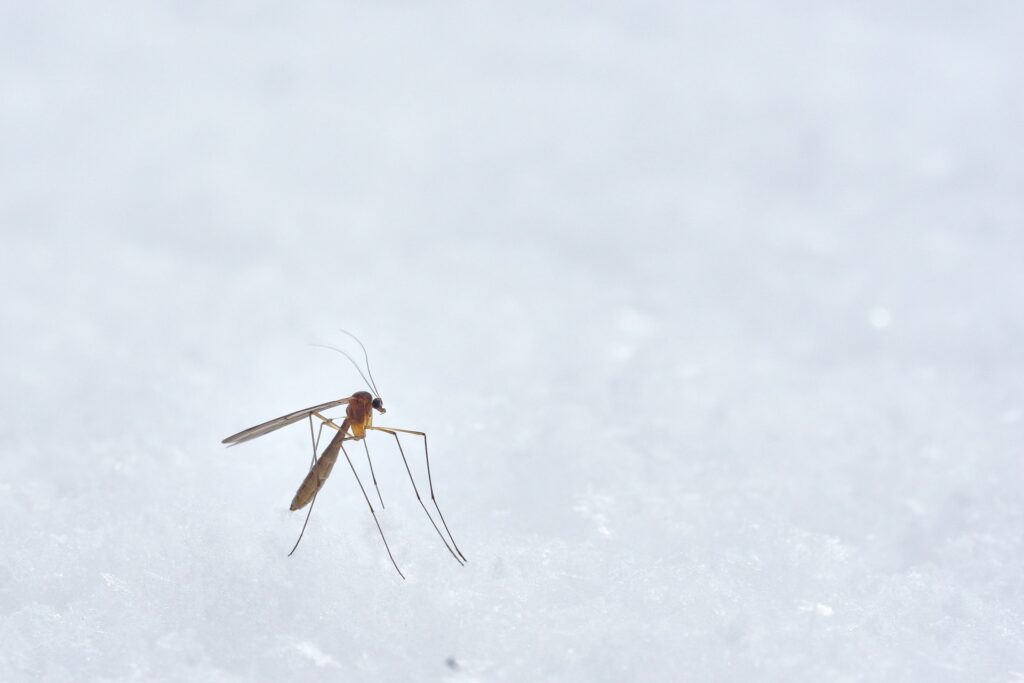Allergic rhinitis (hay fever) or allergy nose – commonly known as sinus here in Singapore is an allergic response to an allergens (trigger) causing inflammation of the lining in our nose.
Signs and symptoms can include:
- Runny nose and nasal congestion
- Watery, itchy, red eyes (allergic conjunctivitis)
- Sneezing
- Cough
- Itchy nose, roof of mouth or throat
- Swollen, blue-colored skin under the eyes (eye bags)
- Postnasal drip
Causes
In allergic rhinitis, your body identifies a harmless airborne substance as harmful and produces antibodies to this harmless substance. These antibodies signal your body to release chemicals such as histamine to fight off these “harmful” substance. This cause a reaction that leads to allergic rhinitis.
Some of the common triggers (allergens) are:
- Tree, grass or plant pollens
- Dust mites and cockroaches
- Dander or even tinny flecks of skin and saliva shed by our pets
- Spoors from indoor and outdoor fungi and molds
Who normally develop Allergic Rhinitis?
The following can increase your chances of developing allergic rhinitis:
- Having other allergic conditions like asthma and eczema
- Having a relative (such as a parent or sibling) with allergic conditions like asthma and eczema
- Living or working in an environment that constantly exposes you to allergens mentioned above
- Smoking (including second hand smoking)
Complications of allergic rhinitis
- Reduced quality of life.
- Poor sleep.
- Worsening asthma and eczema
- Sinus infection (Sinusitis).
- Ear infection.
Allergic rhinitis or common cold?
Signs and symptoms can be similar and it can be difficult to tell which one you have.
Common cold normally comes with body aches, fever, and tiredness while allergic rhinitis comes with itch and water eyes.
Investigation
Your doctor would likely be able to diagnosis allergic rhinitis with history and examination but we do recommend one of the two test below to identify the allergen if your symptoms is persistent or severe:
- Skin prick test.
- Allergy blood test.
Management:
It’s best to avoid or at least limit your exposure to the substances that cause your allergic rhinitis as much as possible.
While most people just need the medication as and when they have symptoms, it is not uncommon that in some people where the symptoms is persistent they may need use the medication regularly and for longer period of time (6-12 months and sometime years)
- Rinsing your sinuses. Rinsing your nasal passages with distilled, sterile saline (nasal irrigation) is a quick, inexpensive and effective way to relieve nasal congestion.
- Nasal corticosteroids. For many people they’re the most effective hay fever medications, and they’re often the first type of medication prescribed.Nasal corticosteroids are a safe, long-term treatment for most people.
- Antihistamines pills. Antihistamines can help with itching, sneezing and a runny nose but have less effect on congestion.
- Decongestants. It comes in two form – pills or nasal spray. It is very effective especially in relieving congestion but do not use a decongestant nasal spray for more than two or three days at a time because it can actually worsen symptoms when used continuously (rebound congestion).
- Leukotriene modifier. It blocks the action of leukotrienes — immune system chemicals that cause allergy symptoms such as excess mucus production.
- Oral corticosteroids. Corticosteroid pills such as prednisone sometimes are used to relieve severe allergy symptoms. Because the long-term use of corticosteroids can cause serious side effects they’re usually prescribed for only short periods of time.
If the above treatment fails and your symptoms is severe enough to disturb your daily activity, your doctor might refer you for Allergy shots (immunotherapy or desensitization therapy) to get your body used to the allergens that cause your symptoms, and decrease your need for medications.
It is important to avoid allergens (triggers)
It’s not possible to completely avoid allergens, but you can reduce your symptoms by limiting your exposure to them. If you know what you’re allergic to, you can avoid your triggers. That is where doing a skin prick or allergy blood test may be helpful.
Pet dander/fur
- Consider keeping your pets outdoor or out of your bedroom.
- Shower your cats or dogs twice a week.
For pollen or molds allergy
- Don’t hang laundry outside as pollen can stick to our cloths.
- Use air conditioning and consider an allergy filter in your home.
- Avoid outdoor activity in the early morning, when pollen counts are highest.
- Stay indoors during pollen season and on dry, windy days. Close doors and windows.
- Use a dehumidifier to reduce indoor humidity and consider a high-efficiency particulate air (HEPA) device.
- Wear a dust mask when cleaning house or gardening.
For dust mites allergy
- Use allergy-proof covers on mattresses and pillows.
- Wash sheets and blankets in water heated to at least 54 C.
- Use a dehumidifier or air conditioner to reduce indoor humidity.
- Vacuum carpets weekly
- Spray appropriate insecticide that designed to kill dust mites to carpet etc.
- Consider removing carpeting, especially where you sleep, if you’re highly sensitive to dust mites.
Cockroaches
- Wash dishes and empty garbage daily.
- Sweep food crumbs from counters and floors.
- Store food, including pet food, in sealed containers.
- Fix leaky faucets and pipes.
- Consider approaching professional pest control service.
You don’t have to put up with the annoying symptoms. Talk to our doctors for the right treatment or get tested for allergies so you can avoid them.
(The article is provided only for medical education purposes. It is by no mean to substitute for professional medical advice, diagnosis, or treatment. These are medical procedures performed by medical professional and should not be performed in a non-medical setting. Please contact your own physician or other qualified health care provider with any questions you may have regarding your medical condition.)



